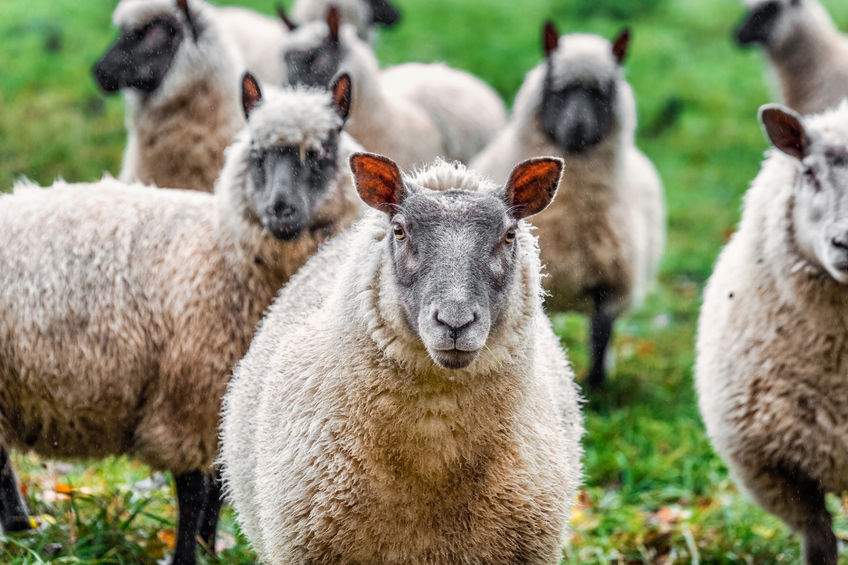
The sheep industry has urged politicians to exercise "extreme care" when considering calls made by animal rights campaigners to oppose live exports.
The National Sheep Association (NSA) has called some of the calls "questionable", fearing they could cause unintended and unnecessary consequences for no welfare gain at all.
EU legislation and trade rules allow live animals to be exported, with a strict and common regulation governing livestock transport within the EU trade bloc based on widely accepted research.
The UK annually exports between 35 and 40% of sheepmeat it produces, with annual imports of a similar volume.
Phil Stocker, NSA Chief Executive, said: “The historic reason we export and import is to balance seasonality and preference for particular cuts, but we now work within a global trading environment which is driven by economics.
“The more the UK supply chain chooses to import lamb from countries like New Zealand, the more it is pushed to export.
“There is no doubt British farmers and our supply chain could innovate and adapt over time in order to even out seasonality if we were protected from imports, but our future within the World Trade Organisation and a Government which wants us to be global free trade leaders means market protection is unlikely.”
'Highly questionable'
The vast majority of UK sheepmeat exports are transported as carcases or meat cuts.
The NSA said this allows the UK economy to add value to an animal, provide jobs in the processing sector and use energy more efficiently to transport further.
Mr Stocker continued: “I don’t dispute the motive of campaigning organisations in wanting to ensure the best animal welfare standards for livestock in transit, but some of their ideas for how to achieve this are highly questionable.
“The answer would be to find a way of ensuring consistent enforcement of regulations right across the EU, but I accept this is difficult.”
'Consigned to the past'
For the RSPCA, its campaign to end live exports is one of its longest running.
RSPCA head of public affairs David Bowles said: "The campaign to end the live export of animals for slaughter or further fattening purposes is one of the RSPCA’s longest running campaigns, and should be consigned to the past.
"We have worked with other animal welfare organisations, not to mention the relentless campaigning from the public who have been responsible for hundreds of thousands of petition signatures and letters to MPs, to call for an end to the live export of animals for slaughter or further fattening purposes. Brexit gives us this opportunity.
"However, until a complete end to this trade is brought about, our inspectors will continue to attend the sailings from the Port of Ramsgate where live exports take place in order to monitor any animals that are involved with this trade."
'Inconsistent'
However, the NSA has said several calls from animal welfare groups have become "inconsistent".
Mr Stocker said: “Suggestions to limit all journey times to eight hours do not consider the infrastructure needed to support this.
“There simply aren’t enough abattoirs or supply chains to allow it and if this resulted in a farmer only having one market to sell to, getting a competitive price is unlikely.
“Banning live exports from the UK is another call being made, but this would stop what can be a very direct trade from the South East of England to Northern Europe with journey times that can be less than some internal UK trips.
“It has even been suggested we ban live animals travelling across water, something which causes no welfare problems. Banning it would finish many of our island farming communities and trade within the UK would be discriminated,” Mr Stocker explained.
